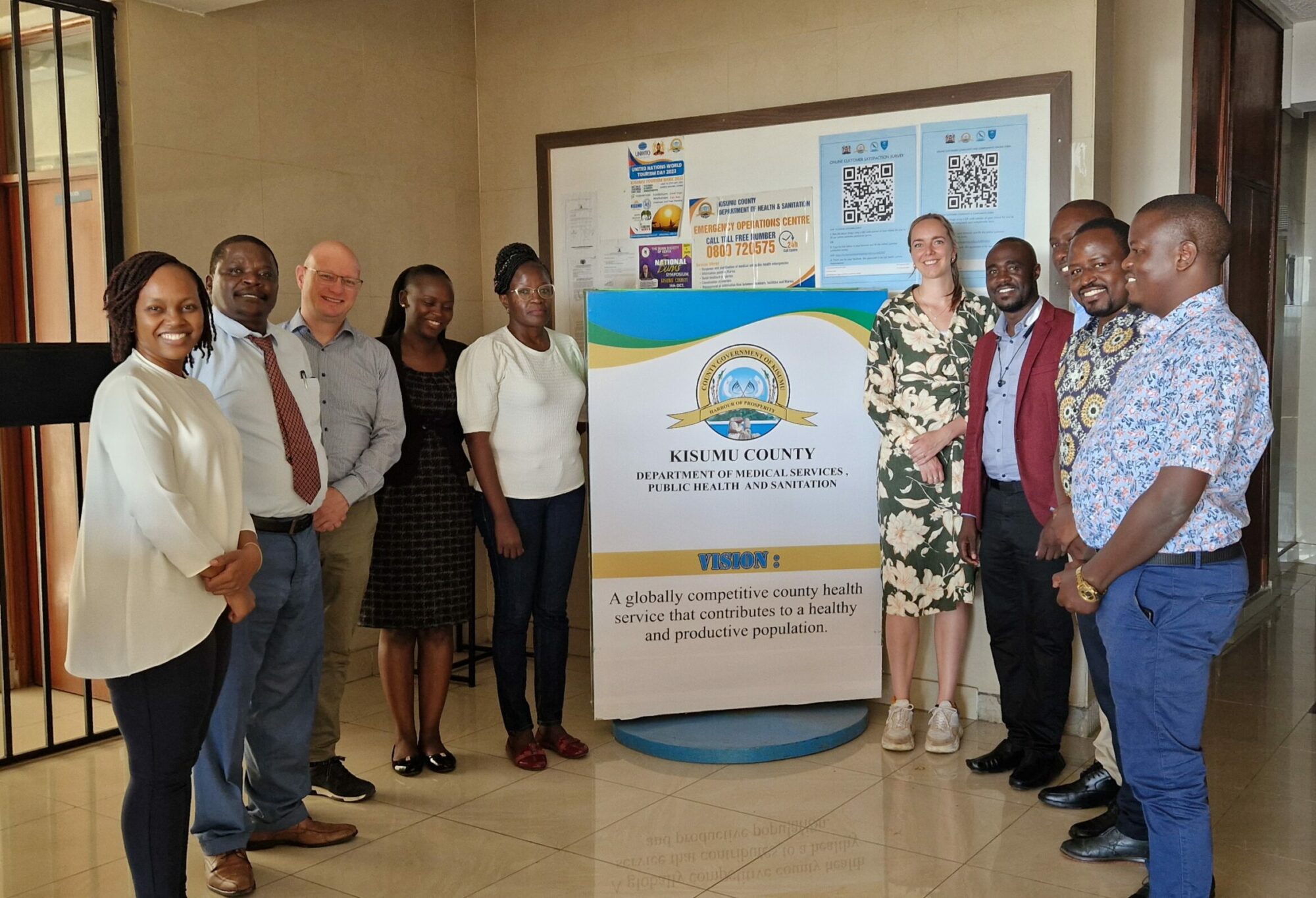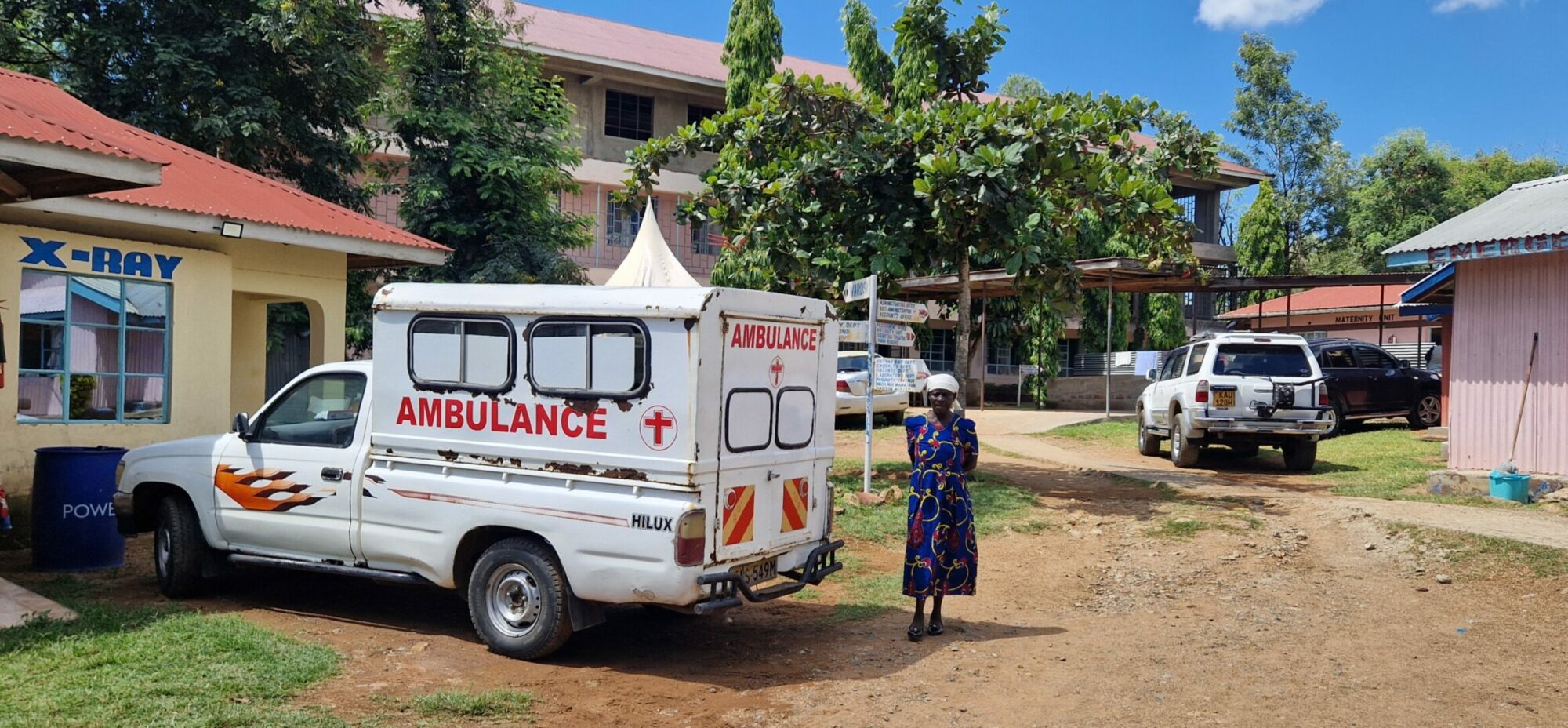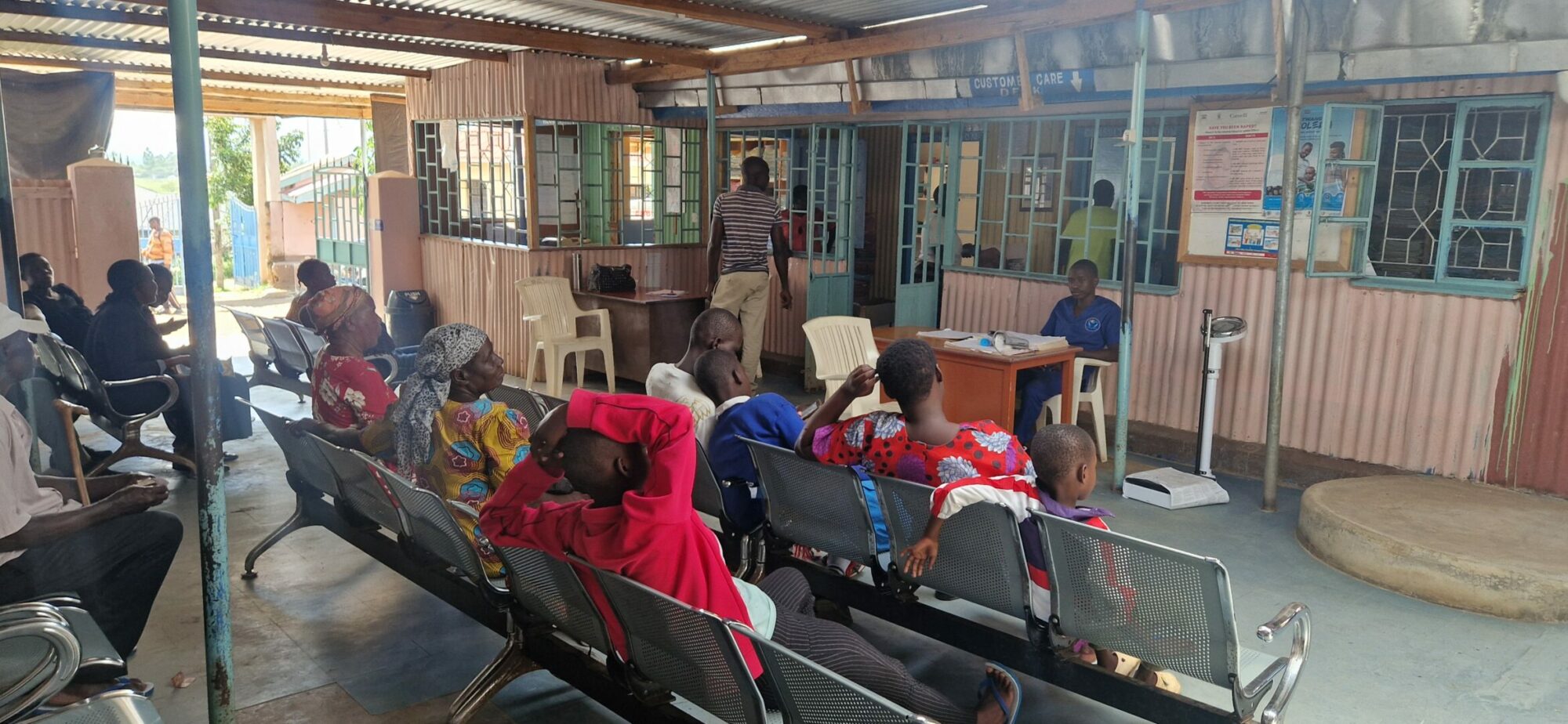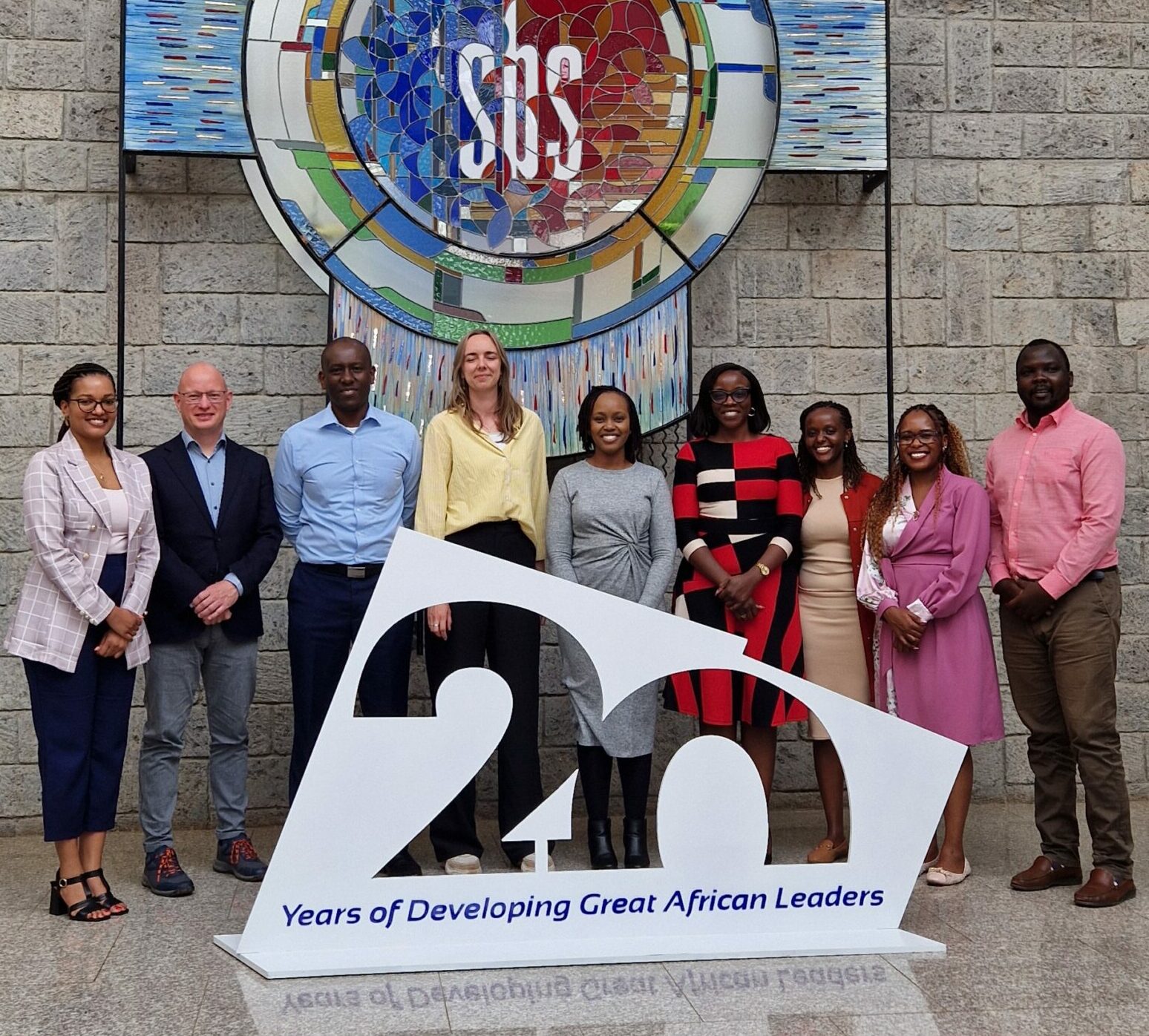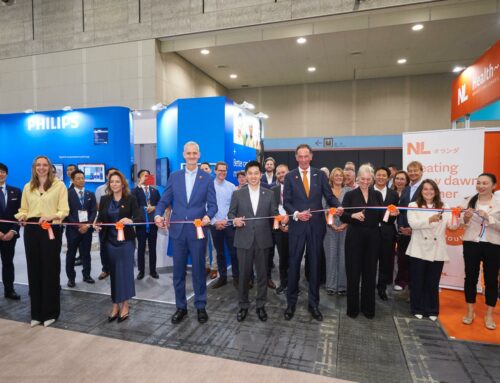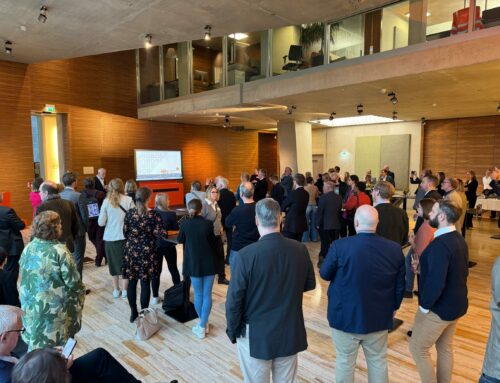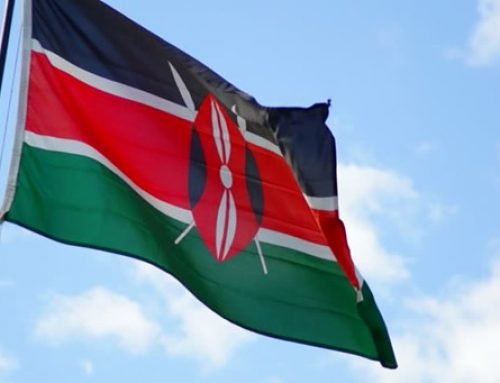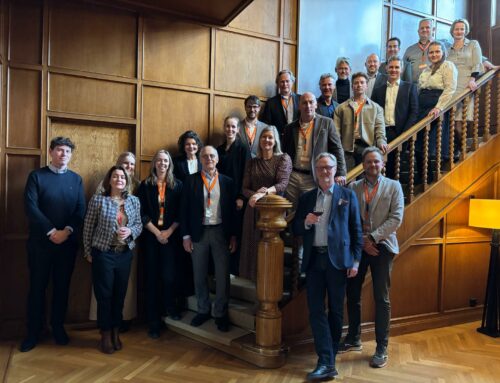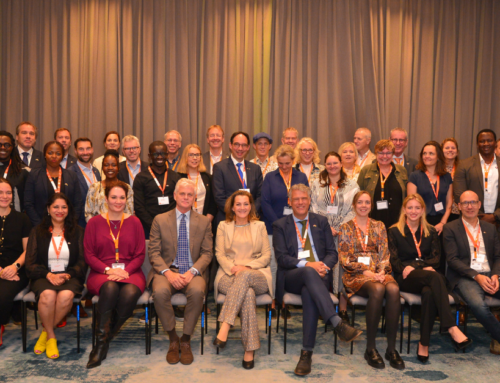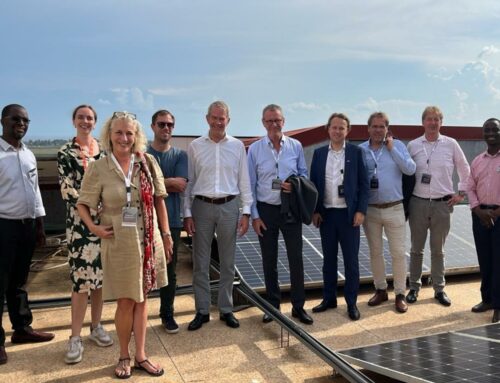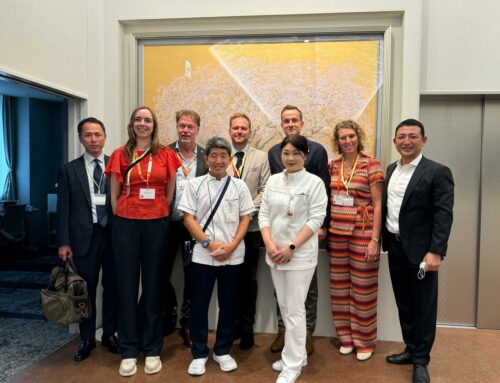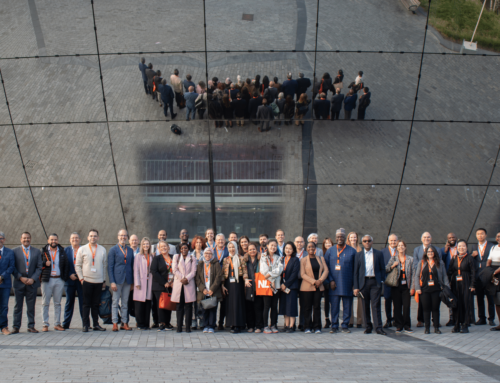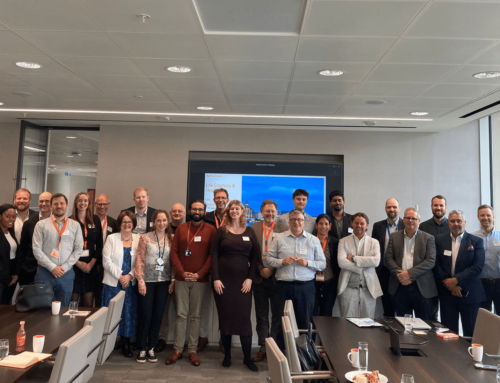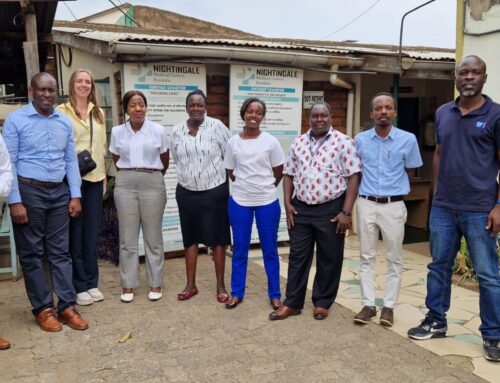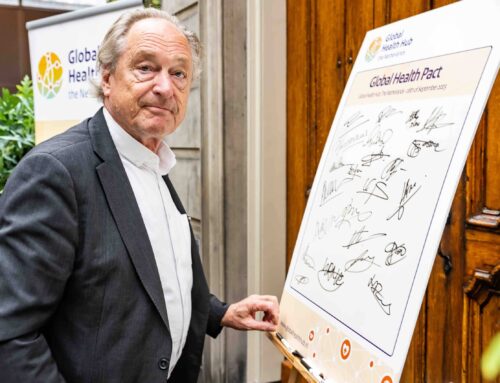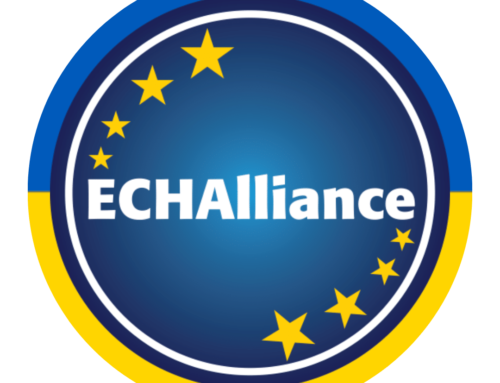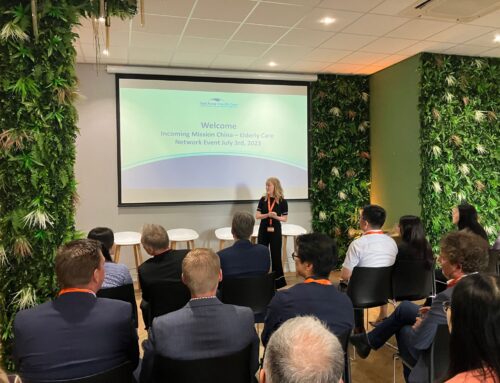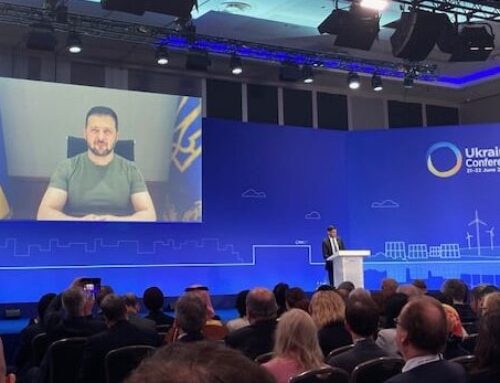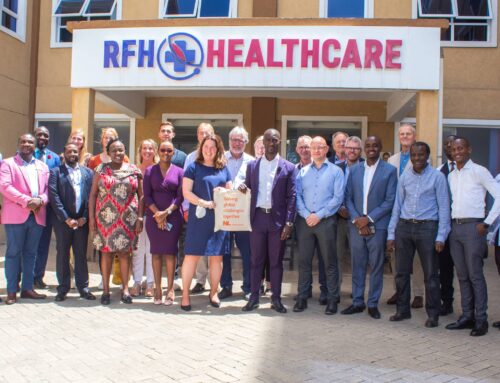LSH Combi track Kenya visit – Recap
The past month brought the director of TFHC Micha van Lin and project manager Helena Pluimes to Kenya as part of the LSH Combi track, together with Geoffrey Korir of the Embassy of the Kingdom of the Netherlands in Kenya, Dr. Wanjiru Mwaniki and Dr. Noelle Orata from Open Phences. This programme, developed in close collaboration with Kenyan partner Open Phences, was designed to deepen bilateral engagement, validate collaborative frameworks, and prepare for future activities both in Kenya and the Netherlands.
The mission’s overarching objectives were to strengthen Dutch-Kenyan collaboration in LSH, identify concrete opportunities for Dutch solutions within Kenyan counties, and support the development of sustainable business models in response to changing funding landscapes. Business intelligence gathered during the mission will inform future activities and partnerships.
Programme insights
The mission accumulated a diverse group of stakeholders, including representatives from Strathmore University, county health officials from Kisumu and Homa Bay, PharmAccess, Rebel Group, Sndbx Capital, the Council of Governors, and prominent organisations such as Amref Health Africa and PS Kenya.
The primary objectives of this visit were to gain a clear understanding of the exact needs and possibilities for collaboration between Kenya and the Netherlands, to review existing collaborations and assess their progress, and to explore how a long-term partnership can be shaped. Special attention was given to identifying budgeting and funding opportunities that would enable successful scale-up or replication of Dutch products and services across different Kenyan counties. The visit aimed to ensure that future activities are tailored to local realities and positioned for sustainable impact.
Key components
The programme commenced at Strathmore University in Nairobi, where we engaged in substantive dialogue with Kenyan health leaders and representatives from Open Phences. Open Phences outlined activities aligned with the Combi Track Intervention Framework, emphasising the urgent need for innovative and sustainable financing solutions in light of diminishing donor support, particularly from USAID.
During the expert panel addressing the implications of the USAID funding freeze, representatives from the Directie Sociale Ontwikkeling (DSO) of the Dutch Ministry of Foreign Affairs were present. The panel discussed strategies for sustainable financing and the evolving role of private sector investment in Kenyan healthcare. The participation of DSO enriched the dialogue, as we discussed how international cooperation, social development policy, and innovative funding mechanisms can help mitigate the impact of reduced donor funding and support the transition to self-reliant health systems. The visit also provided important insights into Kenya’s procurement processes, reimbursement systems, and the Essential Diagnostics List—critical information for Dutch organisations seeking to enter or expand in the Kenyan market.
A significant highlight of the visit was the meeting in Homa Bay County. Here, the meeting provided valuable insights into the local healthcare landscape, including both successful initiatives and ongoing challenges. Discussions with county stakeholders focused on the potential for intensifying collaboration between Dutch organisations and local partners. Both parties expressed a commitment to building long-term partnerships, sharing knowledge, and co-developing solutions tailored to the specific needs of Homa Bay.
It was also recognised that county-level co-creation workshops are essential for aligning Kenyan needs and budgeting processes with Dutch solutions. Such workshops will be necessary to ensure that future collaborations are both relevant and sustainable, and to bridge the gap between innovative Dutch offerings and the realities of county-level healthcare delivery in Kenya. These sessions will then be included in adapted versions to the upcoming activities in Combi Track 2025.
Recent Health Sector Reforms and Opportunities
It is important to note that reforms in the health sector geared towards advancing Universal Health Coverage are underway and currently experiencing teething problems. Of specific mention is the Social Health Authority that is managing funds meant for primary healthcare, emergency & chronic care as well as the Social Health Insurance Fund. With all the challenges being experienced such as delayed disbursement and pending payments from predecessor NHIF, there are indications that more money is coming into the health sector and the demand for healthcare steadily rising. This would signal demand for health technologies is set to rise too in the coming period if the challenges are addressed as facilities’ purchasing power will be strengthened.
Key Takeaways
- There is still a strong demand in Kenya for innovative, scalable solutions in primary care, digital health, and diagnostics.
- Kenyan counties are open to learn about the Dutch provided solutions.
- The shift from aid to trade is accelerating, creating opportunities for Dutch expertise in financing, capacity building, and technology transfer.
- Recent reforms at the county level have created new points of entry for Dutch organisations, particularly those able to support the transition to financially autonomous healthcare providers.
- Understanding local procurement, reimbursement, and regulatory frameworks is essential for successful market entry and collaboration.
- The ongoing reforms and increased funding in the health sector, coupled with rising healthcare demand, suggest that the market for health technologies is set to grow, especially as purchasing power at health facilities improves.
- The private sector’s openness and agility present immediate opportunities for engagement and partnership.
Upcoming opportunities: Outgoing and Incoming visits
TFHC is pleased to announce that the next outgoing mission to Kenya will take place from 13 to 17 October 2025, with visits planned to Nairobi and other city. Dutch LSH organisations are invited to participate in this mission, which will focus on deepening partnerships and co-developing solutions with Kenyan stakeholders. Interested organisations are encouraged to register promptly to secure their participation.
In addition, from 1 to 5 September 2025, a high-level Kenyan delegation will visit the Netherlands. Dutch organisations are invited to host sessions, site visits, or programme components during this visit. This presents a unique opportunity to showcase Dutch innovations, engage directly with Kenyan decision-makers, and shape the agenda for future bilateral collaboration.
Organisations interested in contributing to the incoming visit or participating in the outgoing mission are encouraged to contact TFHC for further information.
For more details and to register your interest, please visit the TFHC Kenya Combi Track page.
For further questions regarding the LSH combi track Kenya or the mission, contact Helena Pluimes (helena.pluimes@tfhc.nl)!



